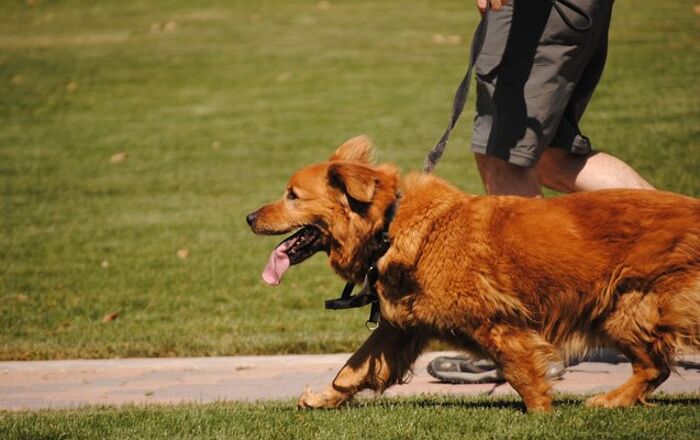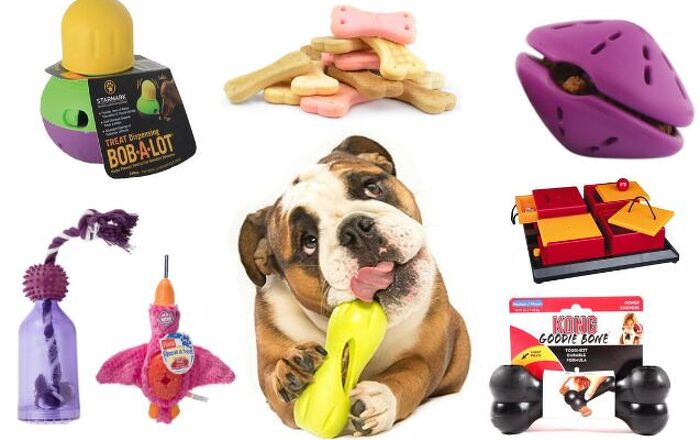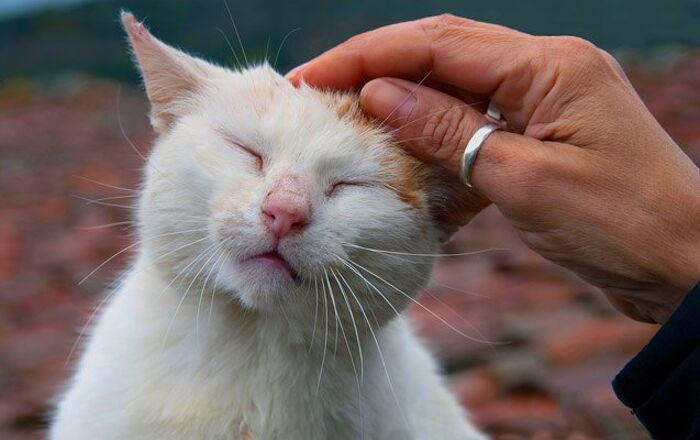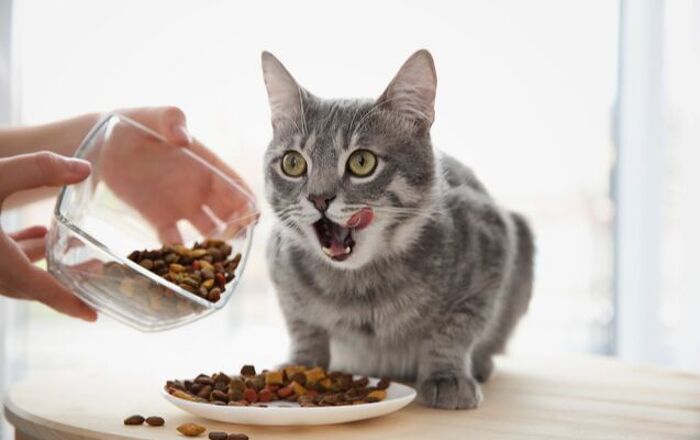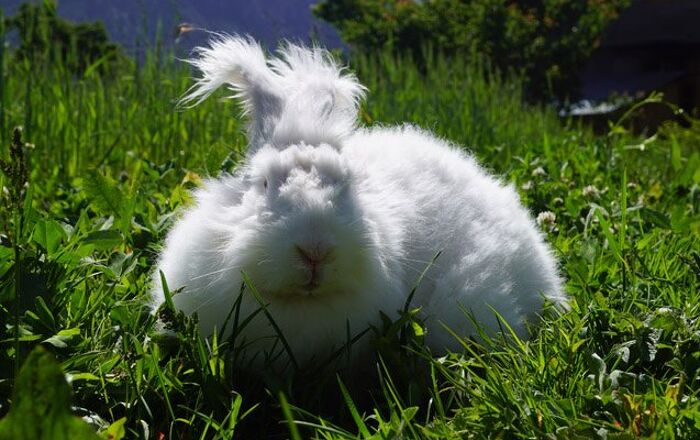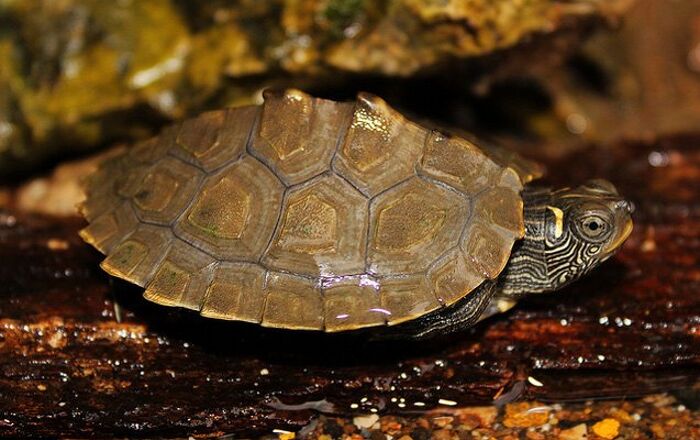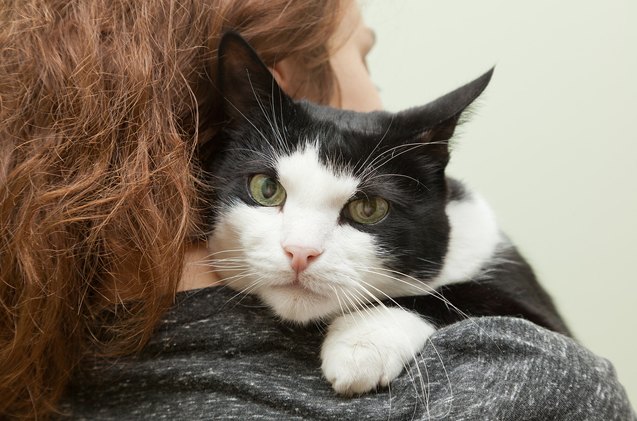
A virus that attacks a feline’s immune system, FIV in cats is a disease that can easily be transmitted to your kitty. Here’s what you need to know to protect your cat.
FIV stands for feline immunodeficiency virus. It’s classified as a lentivirus, and it’s also found within the same retrovirus family as FeLV, or feline leukemia virus.
According to Cornell University College of Veterinary Medicine, FIV is found in felines worldwide. Because it’s such a serious virus that will shorten a cat’s lifespan, it’s important to be aware of its symptoms, as well as how to prevent its transmission.
Related:Top 5 Reasons To Raise An Indoor Cat
Transmission
FIV in cats is primarily spread through bite wounds, as this is the most efficient way for the virus to infect a cat. And because it’s spread in this manner, cats that are free-roaming or indoor/outdoor are susceptible (just one great reason to keep all of your cats strictly indoors).
Aggressive males are most frequently infected because they’re most likely to get into fights with other cats. On the other hand, non-aggressive, casual contact (grooming, sharing litter boxes and bowls, sneezing, etc.) doesn’t seem to be an efficient method of transmission. Even sexual contact isn’t one of the major ways that FIV is spread.
Kittens may be infected with FIV from their infected mother, though this is rare. If infection does occur, it will usually happen during birth as the kittens move through the birth canal, as well as when newborns drink infected milk.
Symptoms
A cat infected with FIV may not show any symptoms for years. This is why it’s so important to have a cat tested before bringing him into your home and introducing him to your feline family.
Over time, FIV will cause immune deficiency in an infected cat. This will inhibit his ability to protect himself from other infections, such as viruses, bacteria, fungi, and protozoa that can be found in an environment and that usually wouldn’t affect a healthy cat.
Related:Two Infectious Illnesses You Should Know About
An infected cat may suffer from recurring illnesses in between periods of health, or his overall health may begin to diminish progressively.
Some of the many symptoms associated with FIV infection include:
Treatments for FIV in Cats
If your cat has been diagnosed with FIV, the treatment options offered will be focused on extending his periods of health or on reducing symptoms.
Your cat may need to take medications for secondary infections, and your vet may recommend a high quality diet that promotes better health through proper nutrition. Other treatments may include anti-inflammatory drugs, immune-enhancing drugs, parasite control, and fluid and electrolyte replacement therapy.
Monitor your cat’s health closely for any changes, even those that seem minor, and have your kitty examined by your vet at least twice each year.
How to Prevent Infection
To protect your cat from FIV, keep him indoors at all times. Adopt only cats who have tested negative for FIV.
There are vaccines available to help protect a cat against FIV, but keep in mind that not every cat that is vaccinated will be protected from the virus. Because vaccines aren’t always 100 percent effective, you should still prevent exposure to the virus even if your cat has been vaccinated. Also, before you vaccinate your cat, discuss the pros and cons with your vet, as vaccination will have an impact upon the results of future FIV tests. Your vet will know whether or not your cat should receive the vaccination.

